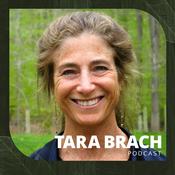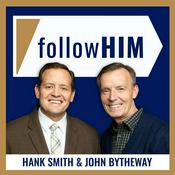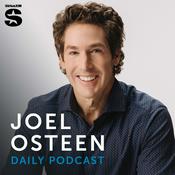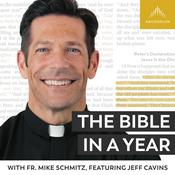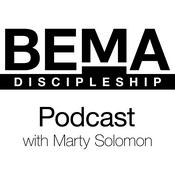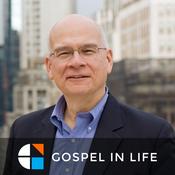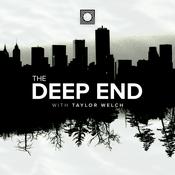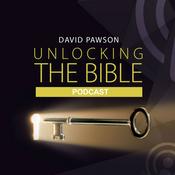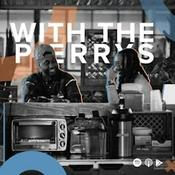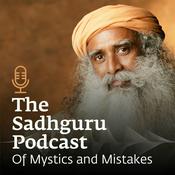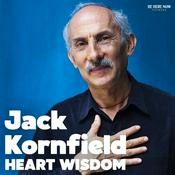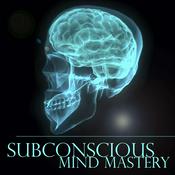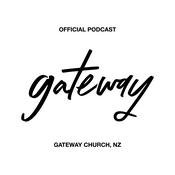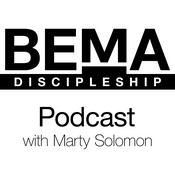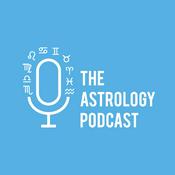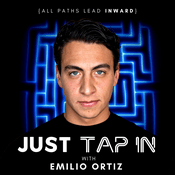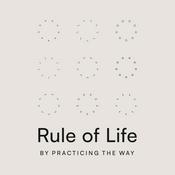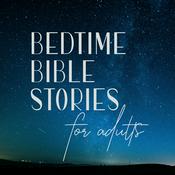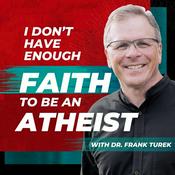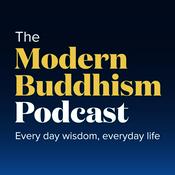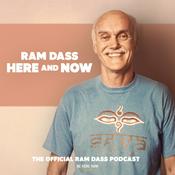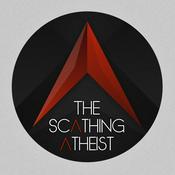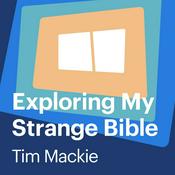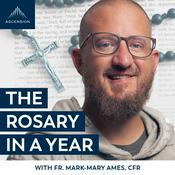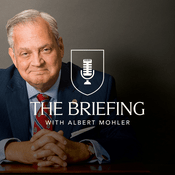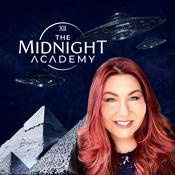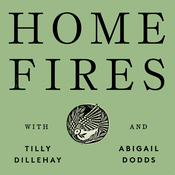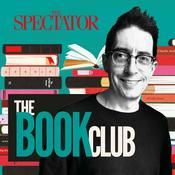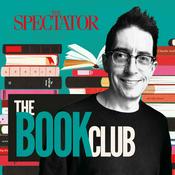216 episodes
- There has been a lot of speculation about a 'quiet revival' of Christianity happening amongst the younger generations – including on this podcast. Much of this traces back to a survey conducted by the Bible Society last year. Respected demographer Conrad Hackett of the Pew Research Center joins Damian Thompson to explain the truth behind the statistics, and why we have to be wary of the methodology used by different polls.
Some interesting facts: Christians remain the largest religious group in the world, following by Muslims and then the religiously non-affiliated; while Europe was home to the largest number of Christians as recently as 2010, sub-saharan Africa now has the highest number – a region in which the Muslim population is also growing; and, the biggest religious change happening in the world is the number of people raised Christian who are choosing to no longer identify as Christian – of which the UK is the leading country in Europe in terms of this population.
For more from Conrad, you can check out his research here.
Produced by Patrick Gibbons.
Become a Spectator subscriber today to access this podcast without adverts. Go to spectator.co.uk/adfree to find out more.
For more Spectator podcasts, go to spectator.co.uk/podcasts.
Contact us: [email protected]
Hosted on Acast. See acast.com/privacy for more information. - What did you most recently use Artificial Intelligence for? For most people, the answer would be as a glorified search function, using services like Chat GPT to ask questions, draft text and even produce images – like the Chat GPT generated thumbnail image for this episode.
The capability of AI far exceeds this most though. Sean Thomas joins Damian Thompson for this episode of Holy Smoke to talk about 'Moltbook', a social network built exclusively for AI agents – and which has now created its own AI 'religion'. What does this mean for humankind? Is AI just replicating a belief impulse, to the extent that one exists within humans? And will we one day end up worshipping AI?
Produced by Patrick Gibbons.
Become a Spectator subscriber today to access this podcast without adverts. Go to spectator.co.uk/adfree to find out more.
For more Spectator podcasts, go to spectator.co.uk/podcasts.
Contact us: [email protected]
Hosted on Acast. See acast.com/privacy for more information. - The next Catholic Archbishop of Westminster, Richard Moth, will be installed in his cathedral on February 14. Bishop Moth, formerly of Arundel and Brighton, is seen as a ‘safe pair of hands’. But why didn’t the job go to a more charismatic figure, such as Archbishop John Wilson of Southwark? What does this low-key appointment tell us about Pope Leo’s vision for the Church? Fr Alexander Lucie-Smith, a moral theologian and priest of Arundel and Brighton – and friend of Holy Smoke, joins Damian Thompson for a frank and wide-ranging discussion about the problems facing the Catholic Church in England and Wales.
Produced by Patrick Gibbons.
Become a Spectator subscriber today to access this podcast without adverts. Go to spectator.co.uk/adfree to find out more.
For more Spectator podcasts, go to spectator.co.uk/podcasts.
Contact us: [email protected]
Hosted on Acast. See acast.com/privacy for more information. - When was the last time you visited your local parish church? Historian and social media influencer Daniel Wilson joins Damian Thompson to encourage more people to visit their local churches – not just as a centre of worship but as a historical treasure trove. Daniel takes us through some of his favourite examples of medieval architecture, as he emphasises the importance of being a 'tourist in your own neighbourhood'.
For more from Daniel, you can find him on Instagram and TikTok: @greatbritisharchitecture
Produced by Patrick Gibbons.
Become a Spectator subscriber today to access this podcast without adverts. Go to spectator.co.uk/adfree to find out more.
For more Spectator podcasts, go to spectator.co.uk/podcasts.
Contact us: [email protected]
Hosted on Acast. See acast.com/privacy for more information. - In the 21st century, the theocratic nature of the Iranian regime – ruled by senior Shia clerics – appears to be a rarity. The constitutional role of religion is perhaps matched only by the Vatican City and Afghanistan, though these vary in terms of autocracy – as evidenced by the brutal suppression of protests across Iran in the past few weeks. The regime, installed following the 1979 revolution and led first by Ayatollah Khomeini and now Ayatollah Khameini, has proven remarkably resilient; how has it survived so long?
Peter Frankopan – professor of global history at Oxford University – joins Damian Thompson to discuss the tensions associated with state control of public life, how to define theocracies and how those of us in the global west might not be as immune to their features as we would like to think.
Produced by Patrick Gibbons.
Become a Spectator subscriber today to access this podcast without adverts. Go to spectator.co.uk/adfree to find out more.
For more Spectator podcasts, go to spectator.co.uk/podcasts.
Contact us: [email protected]
Hosted on Acast. See acast.com/privacy for more information.
More Religion & Spirituality podcasts
Trending Religion & Spirituality podcasts
About Holy Smoke
The most important and controversial topics in world religion, thoroughly dissected by a range of high profile guests. Presented by Damian Thompson.
Hosted on Acast. See acast.com/privacy for more information.
Podcast websiteListen to Holy Smoke, Tara Brach and many other podcasts from around the world with the radio.net app
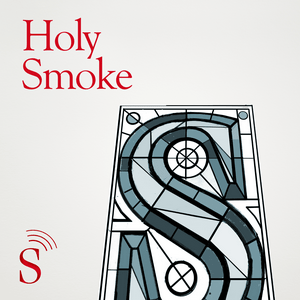
Get the free radio.net app
- Stations and podcasts to bookmark
- Stream via Wi-Fi or Bluetooth
- Supports Carplay & Android Auto
- Many other app features
Get the free radio.net app
- Stations and podcasts to bookmark
- Stream via Wi-Fi or Bluetooth
- Supports Carplay & Android Auto
- Many other app features


Holy Smoke
Scan code,
download the app,
start listening.
download the app,
start listening.


